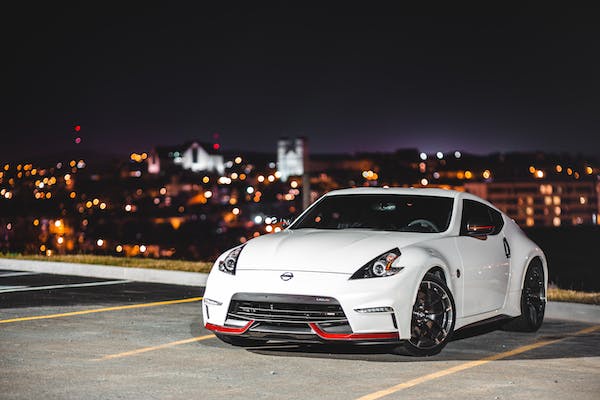Starting a New Life Behind the Wheel: What Car Should a Newbie Buy?
Choosing a car for a novice driver is more tricky than for an experienced one. It is vital to ensure that acquaintance with the road is as comfortable, safe, and economical as possible. The Indy Auto Man used car dealership's experts explain how to select a car for a beginner and share the top 8 best cars for teenagers on indyautoman.com.
How to Choose the First Car?
The main criterion is safety. NHTSA warns that crash fatalities continue to hit new heights, and many drivers get into accidents of varying severity in their first year behind the wheel. When choosing a car for a beginner, the results of crash tests are ruling – they show the likelihood of injury in an accident.
A car for young drivers should be controlled easily and smoothly, which means models like the BMW M3 and Mini Cooper are not the best suit. They react too sharply to the steering. But the tight steering wheel of the Nissan Pathfinder will also be a disadvantage. The main thing here is to find a golden mean during a test drive.
The same principle works with power. The experts advise looking at the range from 80 to 150 hp for cars and 120 - 200 horsepower for SUVs. Overtaking with a weak car becomes slow and unsafe. And not every experienced driver will cope with excess power.
The first car should not be massive and heavy. BMW X7, Mercedes-Benz G-Classe, and Cadillac Escalade look impressive. But these mastodons require careful handling - you need to monitor the dimensions, slow down in advance and estimate the width of the passages from afar.
The money question also matters. It is not so much the price of the car but the cost of maintenance and body repair. If the expenses turn out to be an unbearable burden for the budget, the car will be idle most of the time, and there will be no sense in such a purchase.
Gasoline or Diesel?
A gasoline engine is quieter, cheaper to maintain, and easier to start at low temperatures, so it is preferable for a first car. But it wears out faster.
A diesel engine is more economical, has better dynamics, it lasts longer. But the diesel car owner should prepare for noise, vibration, and hard starting in cold weather. In addition, any repairs will cost more, as well as refueling.
Which Drive to Choose?
For novice Indianapolis drivers, it is better to decide on front-wheel drive cars. They are lighter, more economical, cheaper, and easier to manage. With sharp maneuvers, such cars hold out until the very last, going into a skid only at the limit of their capabilities.
Rear-wheel drive cars are more suitable for experienced drivers who love dynamic driving. They accelerate faster, remain stable at high speeds, and deploy in tight spaces. But such vehicles are more expensive, heavier, and easier to skid when maneuvering.
Manual or Automatic?
A manual transmission is cheaper, more reliable, and easier to maintain. With it, the fuel consumption of the car will be slightly lower. But the beginner has to learn how to move smoothly, balancing the clutch. In a city like Indianapolis, any trip will turn into stress, but there will be no such problems on the highway.
An automatic transmission is more expensive, requires more investment, and has worse fuel economy. But you can focus on the road and not think about how to start moving. Automatics are indispensable for those who are learning to drive in the city. Look for a vehicle with an Eco-driving mode to reduce fuel consumption. A more detailed comparison of transmissions you can find here.
New or Used?
This is one of the most pressing dilemmas for many novice drivers. On the one hand, a more equipped and prestigious used model, and on the other, a new but budgetary one. Before deciding, every driver should consider the pros and cons of both options.
Buying a new car has several undeniable advantages:
- Official vehicle warranty from the automaker.
- There is no need for investments (apart from additional options), and operating costs are predictable.
- The car is completely serviceable and ready for operation.
However, new cars are expensive, and it breaks your heart to scratch a brand-new vehicle just out of the showroom. In addition, the car should be run-in carefully, which is not an easy task for a beginner.
The advantage of a used car is the opportunity to become the owner of a high-class vehicle for a relatively modest amount, check the inventory of used cars here. Such cars are more reliable than budget options, and if you take a low-mileage model no older than three years, the driving experience will be comparable to a new car.
It is crucial to choose the right seller. Many offers on the secondary market require additional investments for pre-operational maintenance, and private sellers often try to hide the defects. It is best to buy from a well-reputed used car dealer who offers quality assurance and responsibly approaches pre-sale preparation.


No comments yet